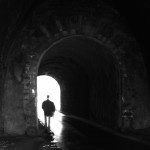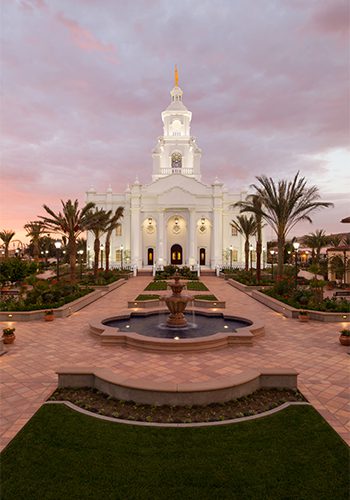
(LDS Media Library)
Compare Matthew 16:2-3
Many of our problems in life come from our failure to pay attention and to reflect.
The signs are out there. The warnings have been given.
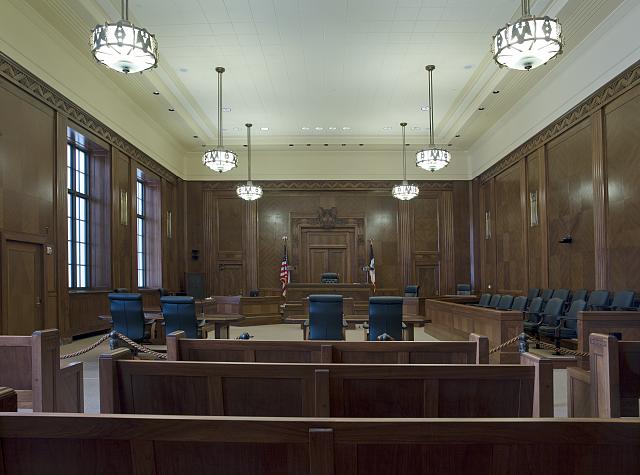
Compare Matthew 5:25-26
Where they can be avoided, strife and law suits should be avoided.
Did you know that, in the United States, there is one attorney for every 200 adults?
Not to fault lawyers, of course. I very nearly went into the law myself. But we are a litigious society, and that’s neither productive nor pleasant.
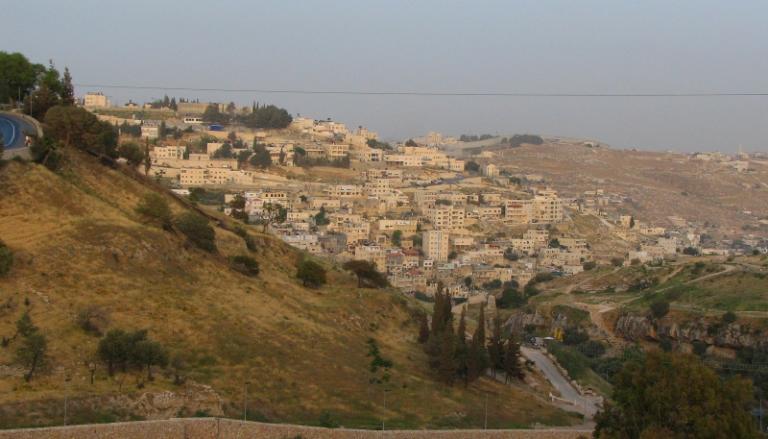
(Wikimedia Commons public domain image. Photo by Gilabrand at en.wikipedia)
Compare Matthew 21:18-19; Mark 11:12-14
The point here seems to be twofold:
1) Destruction, death, and disaster aren’t, in and of themselves, indicators that the victims were unusually wicked.
But . . .
2) Destruction, death, and disaster will eventually come upon the wicked.
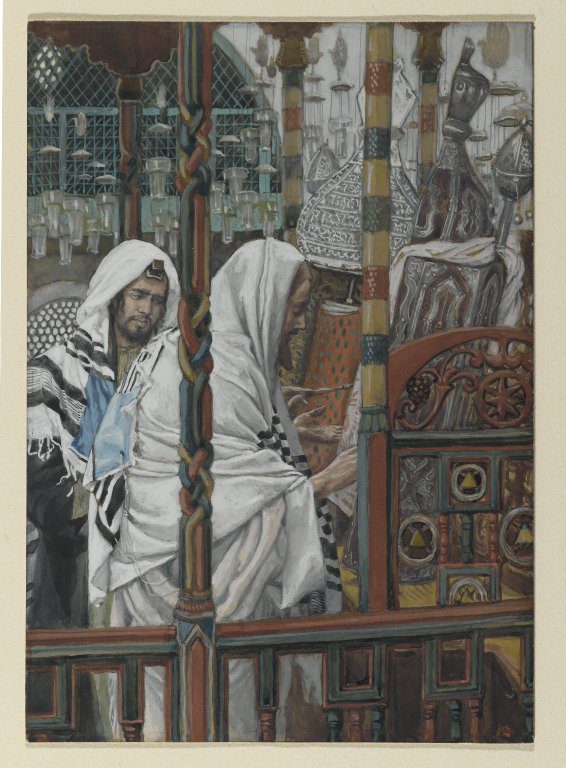
This passage sheds important light on how the Sabbath ought to be observed.
The woman in the story hadn’t been injured recently; she’d been suffering for eighteen years. Surely another day or two wouldn’t have made much difference.
But Jesus healed her on the Sabbath.
Doing so wasn’t a necessary evil. There’s no indication that he viewed his act of healing as an evil at all.
The Sabbath isn’t simply a day of rest. It’s a day of rest, yes, from worldly labors and concerns. But it’s not a day of vacation from doing good, from helping, from being kind, from (in the wonderful rabbinic phrase) tikkun olam.
Sound judgment is important, of course. Some things, even good things, can be deferred to the other six days of the week. But hospital visits, blessings, teaching children, strengthening family ties — these and many other such good activities are entirely appropriate for the Sabbath.
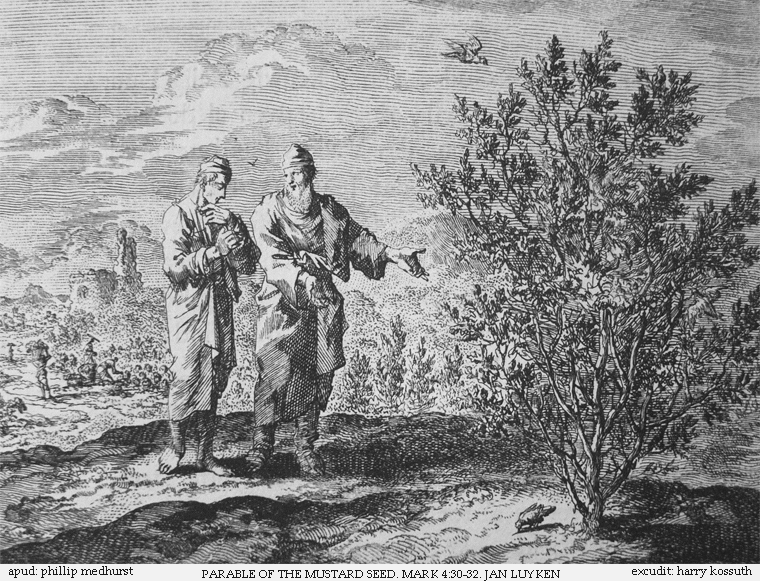
(Wikimedia Commons public domain image)
Compare Matthew 13:31-33; Mark 4:30-32
The plain and obvious point of these two little parables is that the Kingdom of God begins small, but will grow remarkably.
We get to choose whether or not we want to grow with it, and whether we want to be part of it. That’s all.
Posted from San Diego, California




